Getting serious about fighting racism
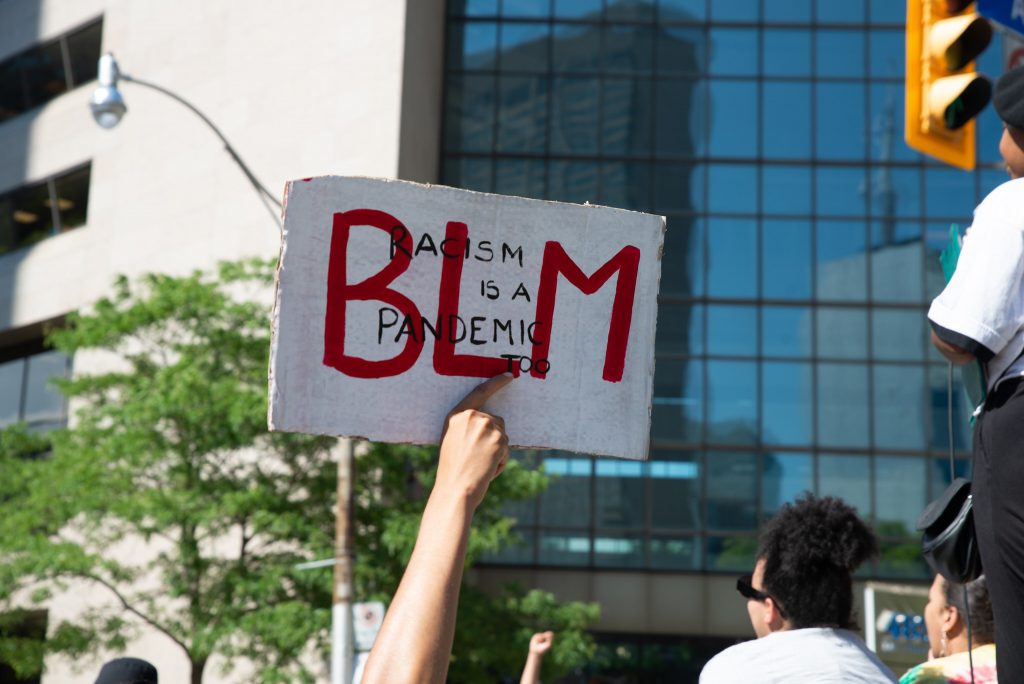
If we are serious about fighting racism we must engage with people, not get them sacked – it does not do, in a society in which the balance of power rests overwhelmingly with the employer, to become dependent on the class power of the boss, argues Nick Wright.
Fidel: another battle, another victory

On the 94th anniversary of his birth, Fidel’s contribution to science and life is as relevant today as ever, especially in the context of the battle against COVID-19, and will be into the future writes Elson Concepción Pérez
Poetry Corner: Song to Fidel by Ernesto ‘Che’ Guevara
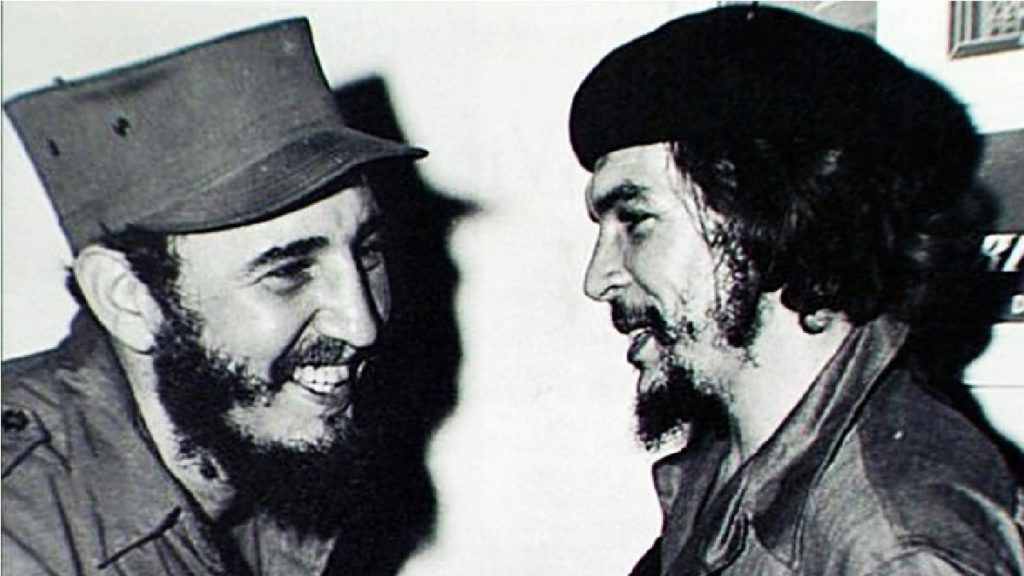
Song to Fidel by Ernesto ‘Che’ Guevara 1956
Che Guevara was an Argentinean-born, Cuban revolutionary leader who alongside Fidel Castro goes down in history as one of the greatest figures of the Cuban Revolution and arguably the 20th Century. One of his portraits, from the lens of Alberto Korda, is one the world’s most reproduced images.
Thank you Fidel, for being, above all, human

Over the years, many have wondered about the source of the leader of the Cuban Revolution’s inexhaustible energy. Leydis María Labrador Herrera asks how this exceptional man was able to function without rest, with his thoughts perennially directed toward the well-being of his people, toward the possibility of a better world with a place for everyone, with rights and opportunities for all?
Kamala Harris isn’t the first black woman to run for US vice president

Yesterday’s (11 August 2020) announcement that US Senator Kamala Harris, former California Attorney General, would be Joe Biden’s running mate in November led many to label her the first black woman for the US vice presidency. But that’s not true. There have been a number of African-American presidential and vice-presidential candidates in the past. One of the most famous is US communist and black liberation fighter, Angela Davis, who ran on the Communist Party ticket in 1980. Here we reproduce a short biography of her life and contribution to the struggle originally compiled for the YCL’s 2019 International Women’s Day Series.
Llanelli 1911 Railway Strike Commemoration – 13 to 22 August
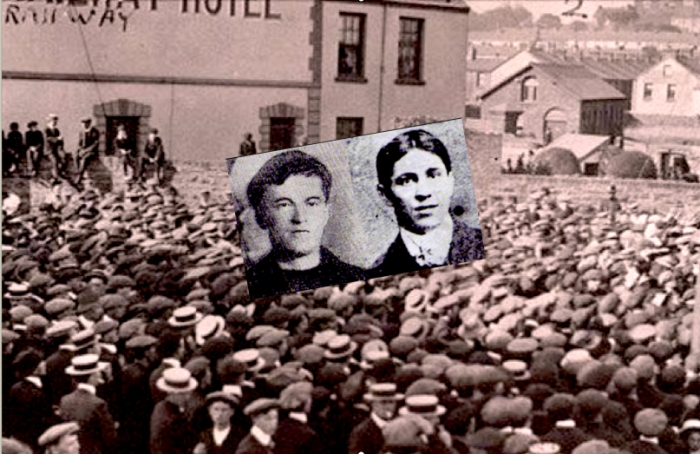
Over a hundred years ago, during the first national railway stoppage in Britain, the military were called out in force to quell the strike. They were deployed in Llanelli where mass picketing had stopped all rail traffic. Troops from the Worcestershire Regiment shot dead two unarmed men and wounded two others, sparking the Llanelli Rising of 1911.
Class struggle in Jerusalem: An interview with Oren Feld, branch secretary of Hadash Jerusalem
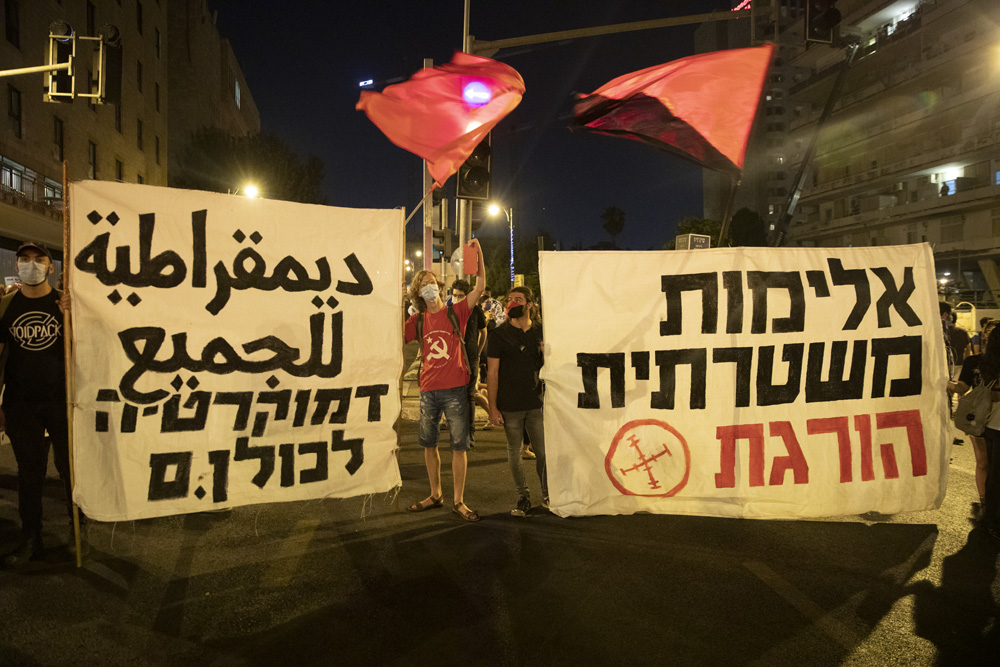
Hadash (Democratic Front for Peace and Equality) is a socialist alliance of left democratic organisations, which was founded by the Israeli Communist Party in 1977. It seeks to unite Jews and Arabs along class lines in the fight for true democracy and for a just peace.
#CP100: the YCL, always with the Party
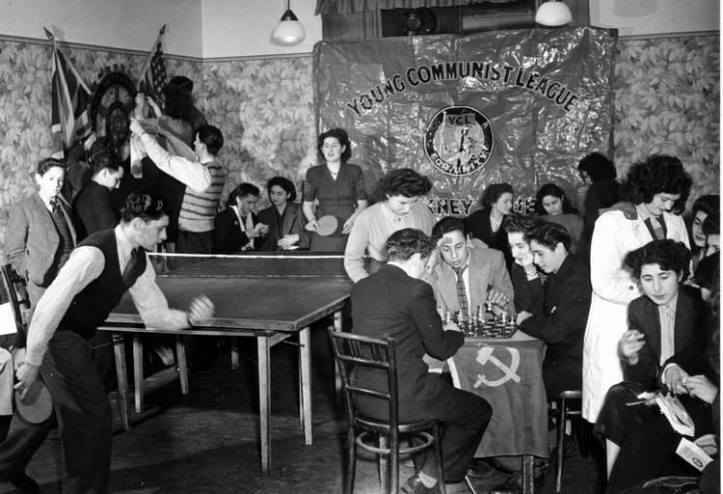
As part of the Communist Party’s Centenary Red Wedge meetings Robin Talbot gives a whistle-stop tour of the 99 year history of Britain’s young communists and why you should join today. This is a transcript a speech delivered online on 1 August 2020.
#CP100: a century against imperialism and militarism
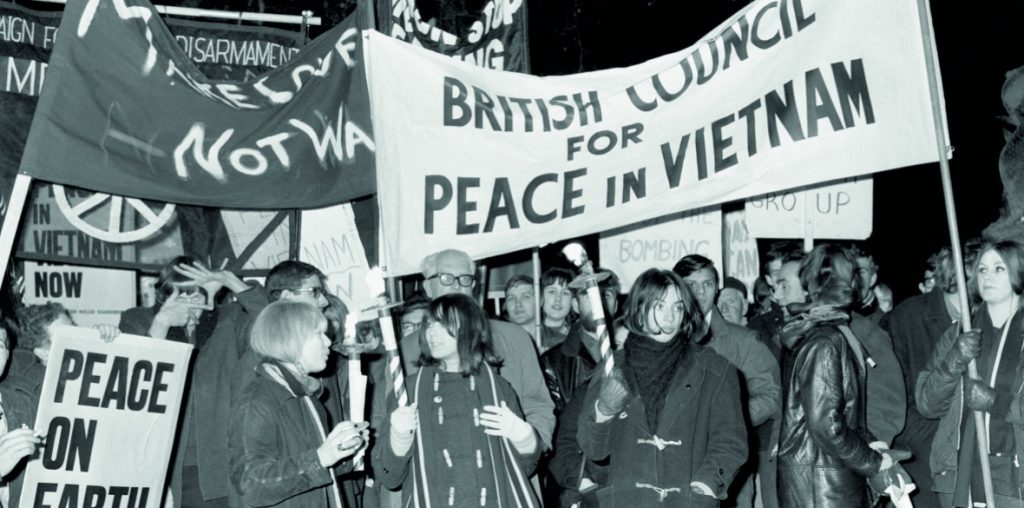
As part of the Communist Party’s Centenary Red Wedge meetings Johnnie Hunter discusses the legacy of struggle of Britain’s young communists against imperialism and war and the contemporary fights occurring in South America. This is a transcript a speech delivered online on 1 August 2020.
Indian Americans and Black Lives Matter

Debadrita Chakraborty, PhD research scholar in Gender and Culture Studies at Cardiff University, argues that Indian immigrants fail to acknowledge their complicity in injustices both in India and the USA.


